The words of three of tech's most important executives in the last 48 hours are providing some valuable insight into the near term future of augmented reality and the cloud infrastructures that support it.
Apple CEO Tim Cook, Google CEO Sundar Pichai, and Snap CEO Evan Spiegel each, in unrelated statements, kicked off 2020 by giving us insight into what they see on the horizon.
- Don't Miss: This Is Why All Augmented Reality Startups Suck
On Monday, Cook, in Ireland to receive an award the country's IDA Ireland organization, used the appearance to once again raise the profile of Apple's involvement in AR in the coming months and years.
"I'm excited about AR. My view is it's the next big thing, and it will pervade our entire lives," said Cook in response to a question about the next five to 10 years, according to a report from Silicon Republic. "Yesterday, I visited a development company called War Ducks … in Dublin – 15 people and they're staffing up and using AR for games. You can imagine, for games it's incredible but even for our discussion here. You and I might be talking about an article and using AR we can pull it up, and can both be looking at the same thing at the same time."
A very short clip of a fantastic speech from @Apple CEO, Tim Cook. His speech is well worth watching in full. It was an honour to meet him earlier this morning and chat about #AI, and #TrustworthyAI in particular. @UCC #LookingToTheFuture @IDAIRELAND pic.twitter.com/Vsjl4zGOcG
Of course, Cook didn't elaborate on why AR is such a big focus for Apple lately, even as ARKit continues to evolve in an environment of mobile app developers still mostly focused on non-AR projects. But because of that somewhat minimal ARKit developer activity for the iPhone, it's difficult not to take Cook's comments as possible additional confirmation that Apple's rumored AR smartglasses may be ever closer to being announced.
And as the AR wearables space continues to expand, the facial recognition capabilities of these emerging wearables, as well as the AR clouds that support them, will increasingly be under governmental scrutiny with regard to user privacy. Along those lines, on the same day as Cook's event, Google CEO Sundar Pichai published a rare opinion piece in the Financial Times around the topic of data privacy. Titled "Why Google thinks we need to regulate AI," the piece focuses on encouraging rather than discouraging governmental involvement in big tech's data-gathering efforts.
"There are real concerns about the potential negative consequences of AI, from deepfakes to nefarious uses of facial recognition. While there is already some work being done to address these concerns, there will inevitably be more challenges ahead that no one company or industry can solve alone," wrote Pichai.
"The EU and the US are already starting to develop regulatory proposals. International alignment will be critical to making global standards work. To get there, we need agreement on core values. Companies such as ours cannot just build promising new technology and let market forces decide how it will be used. It is equally incumbent on us to make sure that technology is harnessed for good and available to everyone."
- Don't Miss: This Viral Instagram Augmented Reality Filter Will Tell You Which Disney Character You Really Are
It's not clear what, exactly, Pichai is looking for from governments with regard to regulation, but at least part of his argument may be designed as a preemptive measure to signal early and willing data handling compliance with international jurisdictions (something Google has had trouble with in recent years). Those international government officials probably need to hear this message, as they are most likely among those in the non-tech sector who still have yet to realize just how impactful AI and facial recognition will be when nearly everyone is wearing a pair of smartglasses.
Finally, also on the same day, Snap Inc. CEO Evan Spiegel spoke at the DLD conference in Munich, Germany.
Asked about the role of Spectacles in the company's future, Spiegel seemed determined to play down the importance of the company's wearables.
"I do think that it represents an evolution in computing, because it makes computing much more personal. Today, augmented reality is experienced through this very tiny, phone screen that really limits your ability to overlay computing on the world around you," said Spiegel. "I do think wearables, whether or not it's Spectacles — we hope it will be Spectacles — we do think that there's a lot of potential to overlay computing on the world around you and break the confines of the very small smartphone experience."
He prefaced those comments with the notion that it may be a long time before such smartglasses are commercially viable, but, given all the progress being made by other companies, this could very well be misdirection rather than a conservative prediction. What would you tell the public about your future plans if nearly every feature you released was instantly copied by your top competitor (Facebook)? Probably not much.
Similarly, Spiegel's comments about TikTok don't seem to be in line with the reality of today's rapid app iteration. When discussing the China-based app company, Spiegel outlined the app space as a kind of pyramid and framed Snapchat as the broadest layer of the application stack on the very bottom, serving as a communication and self-expression service. Then, on the next, smaller tier up, Spiegel described a "status" layer (presumably Facebook) to show people who you are as you accrue likes and comments. Then, at the top, he describes what he views as the smallest layer of the stack, TikTok, which he views as a "talent" layer, narrowly focused on a small group of creators.
Interesting to hear @evanspiegel share his thoughts on TikTok pic.twitter.com/naZN2AzH7N
This framing seems like wishful thinking on Spiegel's part. If you've actually used TikTok, you know that new features are being rolled into the app nearly every week. And those features are increasingly making it the obvious challenger to Snapchat. From fun AR filters, to green-screen effects, to viral-friendly sharing options that, unlike Snapchat, don't encourage a siloed, walled garden experience, it's now clear that TikTok is coming for Snapchat's users.
So while it's great to see Spiegel spend more time speaking in public, his calm smooth delivery doesn't obscure the fact that his views on AR wearables, as well as his framing of the app competition, sound crafted to allay the concerns of shareholders rather than speak unfiltered truth to people actually knee-deep in the tech space who know better.
With Cook hinting at something big in AR, but revealing nothing, Pichai priming the information landscape for its international data collection future via the facial recognition devices to come, and Spiegel engaging in what appears to be strategic misdirection, the stage is set for 2020 to deliver a number of surprises that will push the AR space forward faster than any of the aforementioned are willing to let on, for now.
Just updated your iPhone? You'll find new features for Podcasts, News, Books, and TV, as well as important security improvements and fresh wallpapers. Find out what's new and changed on your iPhone with the iOS 17.5 update.
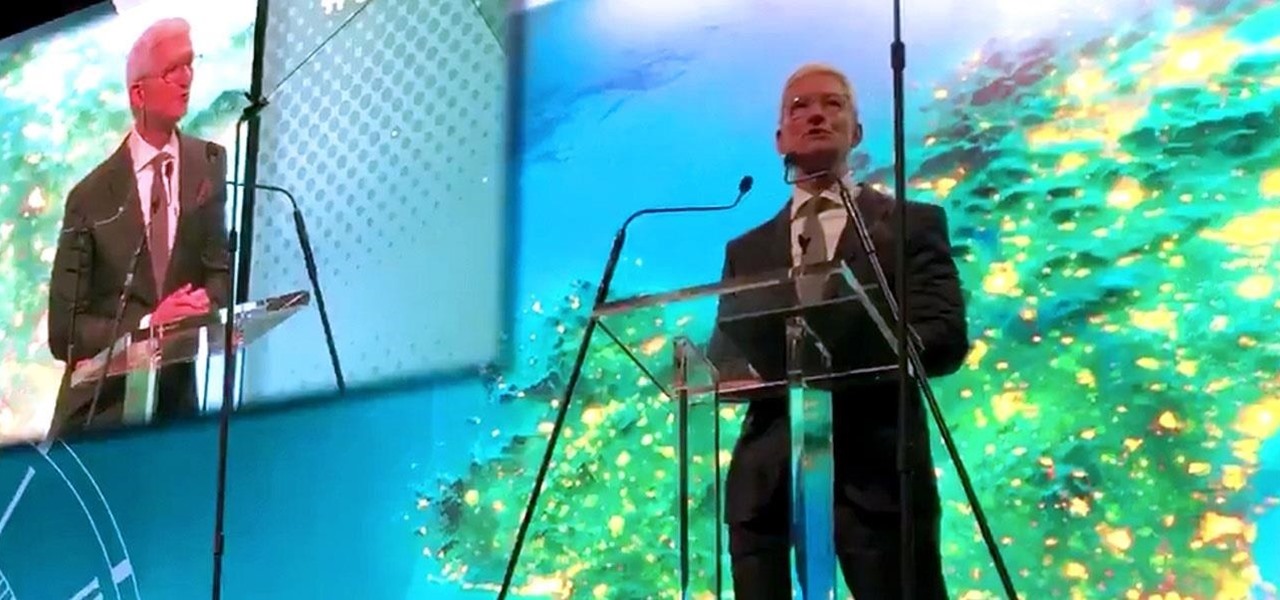



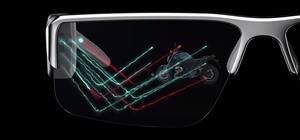

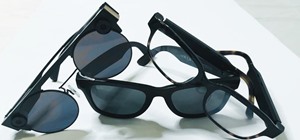




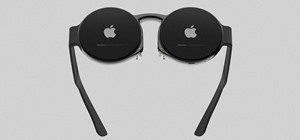






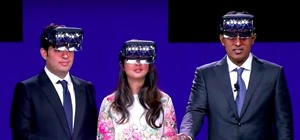



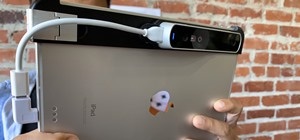
Be the First to Comment
Share Your Thoughts